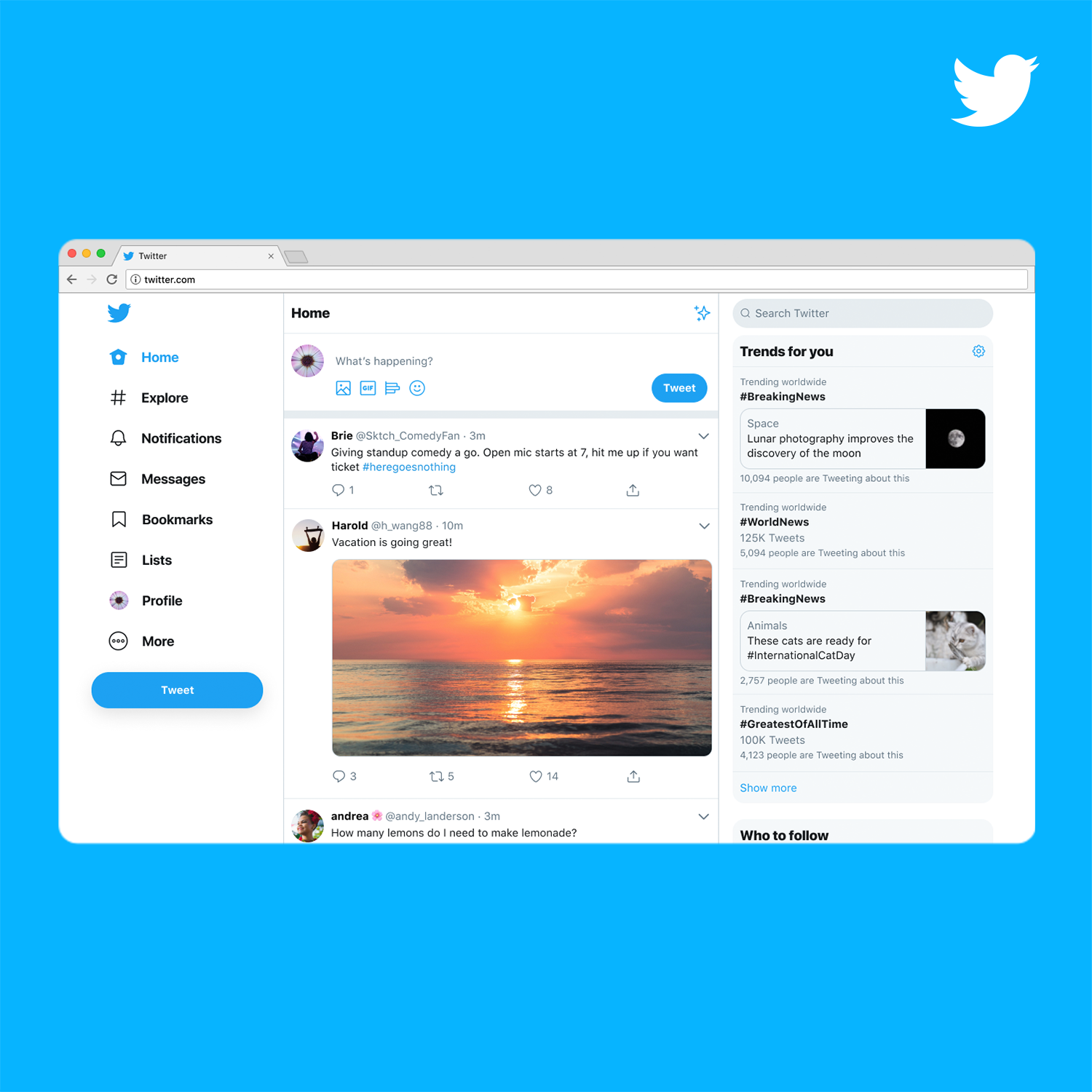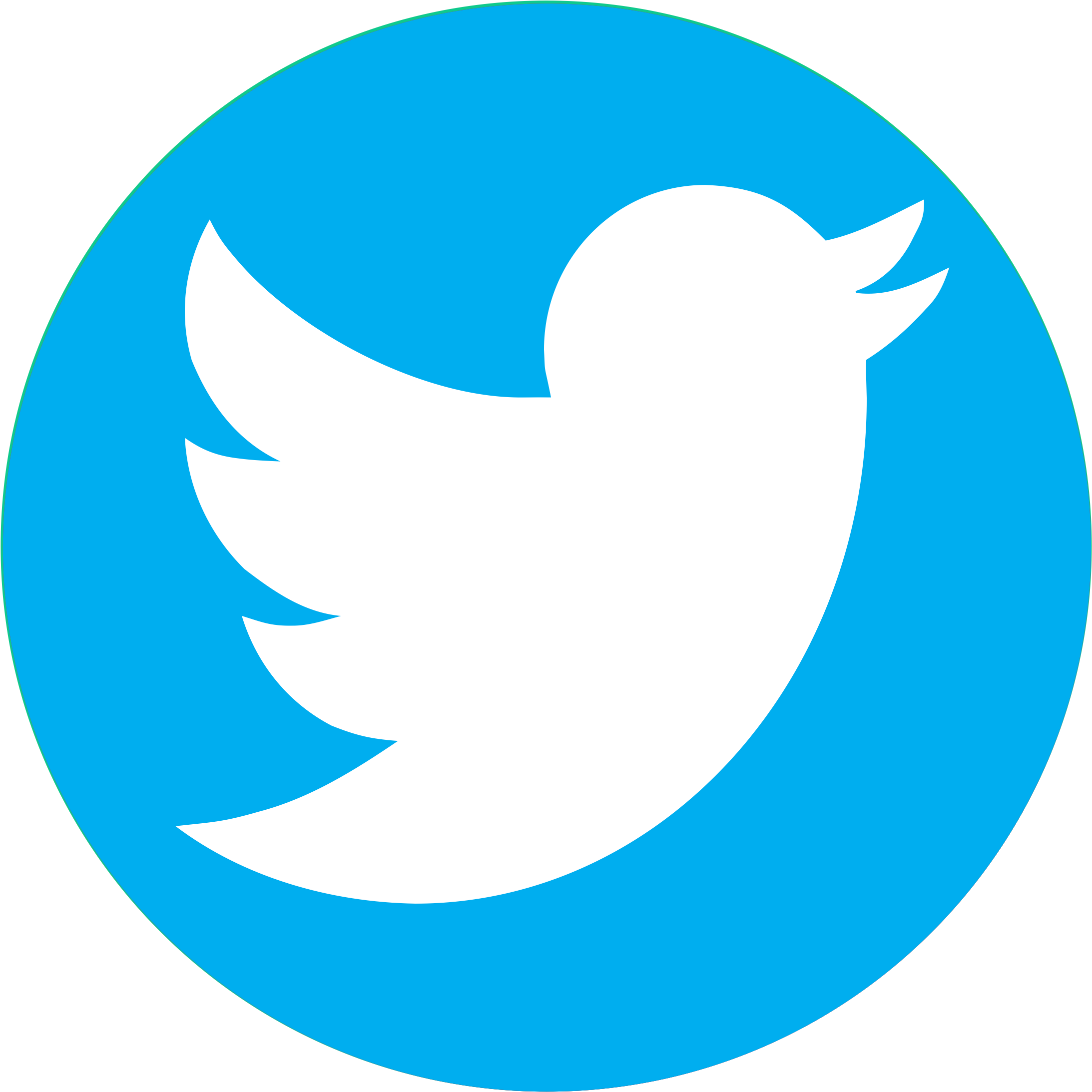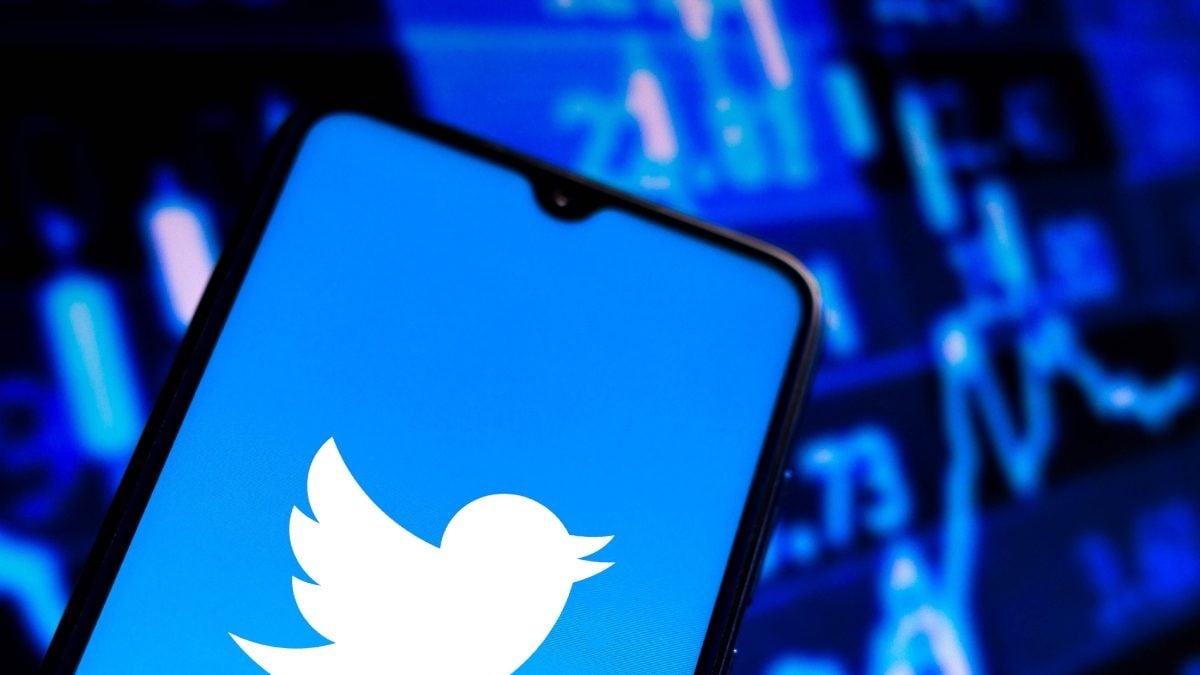Twitter Metoo- How A Hashtag Sparked Global Conversations
The phrase "me too" has a history much longer than many people might guess, actually. It goes back to 2006, when a civil rights worker named Tarana Burke began an effort offline. Her goal, you know, was to give young women, especially those of color from communities without much money, a real sense of their own strength and voice. This early work was all about helping people find their power, in a way, after difficult experiences.
For quite some time, even before it became a huge online thing, the words "me too" were used to support people who had lived through sexual abuse or assault. It was a way for those who had experienced such things to feel less alone and, so, to gain a sense of being able to speak up. This quiet, yet very important, effort was building a foundation for something much bigger that would come later, more or less.
Then, in October of 2017, everything shifted. The phrase found its way onto a much larger stage, you know, through the use of a hashtag on Twitter. This move brought the idea to a vast number of people all at once, pretty much, changing how these conversations happened and who could join in. It really transformed a powerful, personal statement into a widely visible symbol of shared experience, you see.
Table of Contents
- Who Helped Start the Conversation?
- Alyssa Milano's Role in Twitter Metoo
- What Happened on Twitter with Metoo?
- How Did Twitter Metoo Spread?
- What Did People Share with Twitter Metoo?
- What Were the Effects of Twitter Metoo?
- Are There Still Discussions Around Twitter Metoo?
- What Did We Learn From Twitter Metoo Data?
Who Helped Start the Conversation?
The story of "me too" really begins with Tarana Burke. She's a civil rights worker who, in 2006, began an effort that was not online at all. Her main purpose, you know, was to help young women, especially young women of color from places with fewer resources, feel strong and capable. It was about giving them a way to feel empowered after experiencing something difficult. This early work laid the groundwork for the later, more visible movement, you see, giving people a framework for sharing their personal stories and finding collective power.
This early offline effort, so, was quite significant. It aimed to create a feeling of strength for those who had lived through sexual abuse and assault. For years, this phrase served as a quiet but powerful tool for people to connect and support each other. It was a simple yet very effective way for survivors to identify with one another and, in a way, to find comfort in shared experiences. The idea was to build a community where people could speak about what happened to them without feeling isolated, basically.
Alyssa Milano's Role in Twitter Metoo
Fast forward to October 15, 2017, and a big change happened. An actress named Alyssa Milano, you know, sent out a message on Twitter that really got things going. She was the one who, in a way, lit a spark that day. Her tweet, apparently, asked people in her audience who had ever been targets of sexual assault or harassment to make that known by simply saying, "me too." This simple request had a massive impact, you see, drawing attention to how common these experiences actually were.
It's worth noting that while she helped spread the message, she didn't actually create the hashtag itself. What she did, however, was give it a huge push, making it visible to a vast number of people almost instantly. Her message was a call to action, asking people to show the sheer scale of the problem. She wanted to give folks a sense of how many people had been affected, so, by asking them to reply to her tweet with "me too" if they had experienced sexual harassment or assault. This really helped to show the widespread nature of the issue, basically.
| Detail | Information from "My text" |
|---|---|
| Name | Alyssa Milano |
| Profession | Actress |
| Key Action in Twitter Metoo | Ignited a spark with a tweet in October 2017, urging others to identify as victims of sexual assault/harassment by saying "me too." |
What Happened on Twitter with Metoo?
The #metoo movement, as we know it online, is an ongoing campaign that uses a hashtag. It has, in a way, brought a lot of public and cultural attention to the very serious issues of sexual assault and the kind of gendered violence that happens every single day. The tweet that really started this wave on Twitter came out in October 2017, and it was from the actress Alyssa Milano, you know. This was a significant moment because it took a deeply personal issue and brought it into the public conversation on a massive scale, pretty much.
One study looked at how the "me too" movement behaved on Twitter, specifically between December 8, 2018, which was just a little over a year after Alyssa Milano's tweet caused such a stir. This particular study, so, focused on how the hashtag was used and shared during that time. It aimed to get a better sense of the online activity that followed her initial call to action. The sheer volume of responses, apparently, really showed the widespread nature of these experiences and how many people felt a connection to the message, you see.
A recent piece of research by the Pew Research Center found something quite telling: the #metoo hashtag was used more than 19 million times on Twitter since Milano's first tweet. That's a really big number, you know, showing just how much the message resonated with people all over the place. This kind of data helps us get a better picture of the sheer scale of the conversations that were happening online, basically, giving us a clearer view of the widespread impact of the movement.
How Did Twitter Metoo Spread?
The spread of the #metoo hashtag was quite remarkable. Twitter itself confirmed to CBS News that more than 1.7 million tweets included the hashtag. What's more, this wasn't just a local thing; it reached 85 different countries, with each of those countries having at least 1,000 #metoo tweets. This shows, in a way, just how far and wide the message traveled. It wasn't confined to one place or one group of people, but rather, it became a global conversation, pretty much, touching lives in many different parts of the world.
There was even a specific point, often called the "third milestone," where the #metoo hashtag really took off in Mexico. This particular spread, you know, emerged from a personal Twitter account there. It's interesting how a message can start with one person and then, so, become something that resonates across borders and cultures. This kind of organic spread, where people pick up on a message and make it their own, is a really powerful aspect of online communication, you see, allowing important conversations to grow in unexpected ways.
It's been more than three years now since the #metoo hashtag first appeared on Twitter. And even after all this time, women and girls all over the world continue to use social media to share their personal stories. This ongoing sharing, apparently, shows that the need for these conversations hasn't gone away. The platform continues to serve as a place where people can find support, speak their truth, and, in a way, contribute to a larger understanding of these issues, basically, keeping the discussion alive and active.
What Did People Share with Twitter Metoo?
When the #metoo hashtag flooded social media, people began to share their personal experiences of sexual abuse and harassment. It was a moment where many individuals, who might have felt alone before, found a collective voice. The movement on social media, which became widely known after actress Alyssa Milano shared it, was all about people disclosing their personal stories of being targets of sexual victimization. This act of sharing, you know, helped to show just how common these experiences actually are, bringing them out into the open.
The study that looked at the use of the #metoo hashtag on Twitter in 2017 found that it emerged as a way for people to talk about their personal experiences. This method of disclosure, you see, gave people a direct way to communicate what they had been through. It created a space where personal narratives could be shared widely, helping others to feel less isolated. The sheer volume of these shared stories, so, painted a clear picture of the widespread nature of these difficult situations, making it harder for people to ignore the problem.
Interestingly, some research looked at how people talked about #metoo on different social media platforms, like Reddit and Twitter. One study found that there were almost equal numbers of messages that were positive and negative about #metoo on these two platforms. However, it also noted that posts on Reddit tended to focus more on certain aspects, while Twitter posts might have had a different emphasis. This difference, apparently, suggests that even within the same conversation, different online spaces can shape how people talk about things, in a way, leading to varied discussions.
What Were the Effects of Twitter Metoo?
The #metoo movement, with its widespread use on Twitter, brought a great deal of popular and cultural awareness to sexual assault and the everyday violence that is often based on gender. This means that more people started talking about these issues, and they became a bigger part of public conversation. It really helped to shine a light on experiences that, for too long, had been kept quiet or dismissed. This increase in awareness, you know, has had a lasting impact on how society views and discusses these very serious topics, basically, pushing for more open and honest dialogue.
In the United States, employers have been thinking about how they can create better, more positive work environments in the wake of the #metoo movement. The discussions sparked by the hashtag have led many workplaces to consider their policies and cultures more closely. This means they are looking at ways to make sure everyone feels safe and respected, and that issues of harassment are handled properly. It's about trying to build a better space for everyone, so, where people can feel secure and supported, pretty much, reflecting a shift in how workplace behavior is perceived.
An analysis by UN Women looked at Twitter information about the #metoo hashtag in various countries between 2017 and 2019. This study gave us a global look at how the hashtag was used. It provided information from all over the world, showing where the conversation was happening and how it was evolving. This kind of broad view, you know, helps us to understand the worldwide reach of the movement and how different places engaged with the message. It highlights the power of social media to connect people across borders on shared concerns, basically.
Are There Still Discussions Around Twitter Metoo?
Yes, people are still talking about #metoo on Twitter. You can, for instance, see messages about #metoopolitique on Twitter, and you can see what people are saying and even join in the conversations. This shows that the discussions around the movement are still very much alive and, so, continue to be relevant in different areas, like politics. The fact that new hashtags and specific topics related to "me too" keep popping up means that the underlying issues are still being addressed and debated, you know, keeping the conversation active and evolving.
There are also accounts like @metoo_fac, which are on Twitter. This account, for example, encourages people to report gender-based and sexual violence within universities. They ask people to send their stories through direct messages or email. This kind of ongoing activity, apparently, shows that the spirit of the #metoo movement continues to inspire specific actions and campaigns. It's about providing a space for people to speak up about their experiences in particular settings, basically, extending the reach of the movement into different parts of society.
Our findings from studying the data show some consistent patterns in how the movement behaves structurally. This means that even as the conversation shifts and grows, there are certain ways it tends to operate that stay the same. It suggests that the core principles or ways people interact with the #metoo message online have a certain stability. This kind of structural consistency, you know, helps us understand how these large-scale online movements function over time, pretty much, giving us insights into their enduring characteristics.
What Did We Learn From Twitter Metoo Data?
From the information we looked at, it seems that most of the Twitter accounts using the #metoo hashtag were not what you'd call "tweetstars" or very famous public figures. This is an interesting point, you know, because it suggests that the movement was largely driven by everyday people, rather than just celebrities or well-known individuals. It means that the power of the message came from a broad base of users, basically, making it a truly grassroots effort on the platform.
This finding is important because it shows that the movement's spread and impact weren't just about famous people talking about it. Instead, it was about regular individuals sharing their stories and connecting with others. This kind of widespread participation from many different people, so, really speaks to the universal nature of the issues being discussed. It highlights how a powerful message can resonate with a vast audience, even without the constant involvement of public figures, you see, demonstrating the collective strength of many voices.

Introducing a new Twitter.com

GitHub - ErenYalcn/twitter-clone: You can review the project I made to

Twitter Turns 17: A Look Back at the Evolution of the Social Media Platform